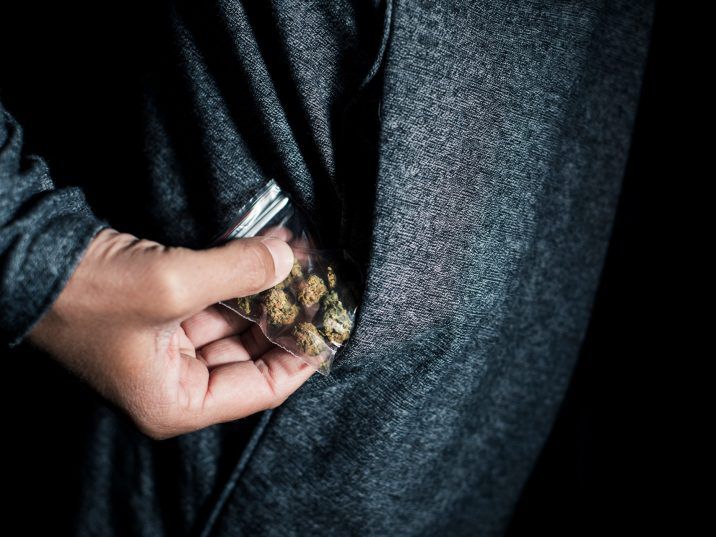You are here
Home 🌿 Marijuana Politics 🌿 COVID-19 has caused legal weed to ‘cannibalize’ the illicit market 🌿COVID-19 has caused legal weed to ‘cannibalize’ the illicit market

By the end of 2020, the legal cannabis industry is expected to surpass US$15 billion. But the money that weed generates on the illicit market far exceeds that amount.
Tracking exact figures is tricky because anonymous dealers and criminal networks aren’t exactly sharing sales data with the media. But estimates approximate the illicit market is more than four times the size of its legal market.
More specifically, New Frontier Data values the U.S. illicit. Per Statistics Canada, less than 30 per cent of Canadian cannabis users acquire their goods exclusively from licensed retailers.
Lawmakers, regulators and law enforcement have struggled to establish measures to combat this illicit market. But the global pandemic has caused the legal market to “cannibalize” the black market, recently wrote Mitch Baruchowitz, managing partner at cannabis firm Merida Capital Partners. Consumers who previously opted for cheaper, unregulated goods have now prioritized the cost of health and safety above all.
“The vast majority of the current growth in the cannabis space is being driven by consumers transitioning from the black market to the legal market,” Baruchowitz wrote in a paper this past May.
A Cowen and Company survey in April found that cannabis use had reached an all-time high, with 33 per cent of Americans saying they had used cannabis at some point in their life. Another poll conducted by Verilife dispensaries found that millennials and baby boomer cannabis users had consumed about 40 per cent more cannabis since the pandemic started. Both generations also report spending US$27 more per month on cannabis products, too.

“It’s understandable that people may be more hesitant to get their products from sources that are unregulated.” / Photo: Andrii Zorii/Getty Images
“It’s understandable that people may be more hesitant to get their products from sources that are unregulated,” Kris Krane, CEO of multi-state operator 4Front Ventures, told Politico. “They may not want to go to their dealer’s house, or they may not want to have their dealer come into their house, at a time when people are social distancing and not supposed to be interacting with people that they don’t know,” Krane said.
The numbers on this remain murky, because again illicit market operators aren’t exactly sharing losing profits caused by a global pandemic. But the rising legal cannabis industry, which is expected to employ more workers than there are computer programmers in the near future, should provide some indication.
420 Intel is Your Source for Marijuana News
420 Intel Canada is your leading news source for the Canadian cannabis industry. Get the latest updates on Canadian cannabis stocks and developments on how Canada continues to be a major player in the worldwide recreational and medical cannabis industry.
420 Intel Canada is the Canadian Industry news outlet that will keep you updated on how these Canadian developments in recreational and medical marijuana will impact the country and the world. Our commitment is to bring you the most important cannabis news stories from across Canada every day of the week.
Marijuana industry news is a constant endeavor with new developments each day. For marijuana news across the True North, 420 Intel Canada promises to bring you quality, Canadian, cannabis industry news.
You can get 420 Intel news delivered directly to your inbox by signing up for our daily marijuana news, ensuring you’re always kept up to date on the ever-changing cannabis industry. To stay even better informed about marijuana legalization news follow us on Twitter, Facebook and LinkedIn.




